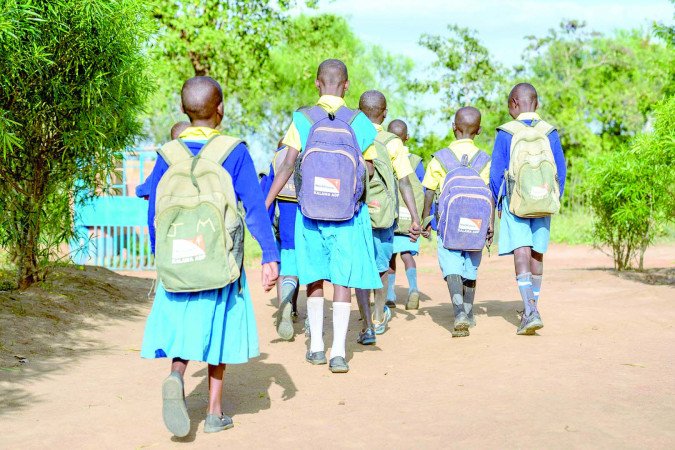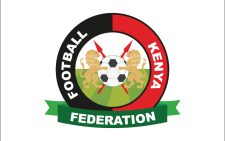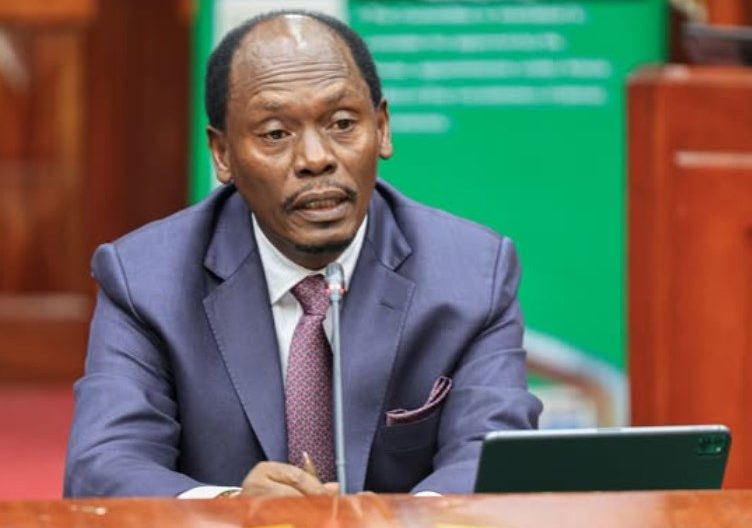Principals raise alarm over delay of school funds

Headteachers are staring at a crisis in schools arising from delays by the Treasury to release money to fund activities in learning institutions.
Primary and secondary schools opened for the 2023 academic calendar on Monday, with the heads of institutions optimistic that the Ministry of Education and Treasury would release the money — known as capitation — ahead of learners reporting on the first day of school.
A number of heads of institutions who spoke to People Daily yesterday on condition of anonymity said that the money had not reached the schools’ account by yesterday, threatening the smooth running of the institutions.
Principals in Technical and Vocational Education Training (TVET) colleges were also facing the same crisis.
Last week, Education CS Ezekiel Machogu said the government will spend Sh9.6 billion for learners in Junior Secondary School (JSS) this year.
Machogu said that President William Ruto had directed the National Treasury to set aside Sh15,000 per learner as capitation to facilitate free learning in all public schools.
Critical ammenities
He said the Government will maintain its capitation per student in all public secondary schools at Sh22,244.
Capitation for primary schools stands at Sh1,420 per child per term.
The money had not been disbursed by yesterday, four days after schools opened.
“We have been away from schools for about two months and a lot needs to be done, including paying the non-teaching staff,” said one head teacher. We are asking the government to consider releasing the funds as soon as possible to avoid activities grinding to a halt.”
Various principals expressed fears that critical amenities like water and electricity may be cut-off because of unpaid bills.
“We are asking the Education Cabinet Secretary, Ezekiel Machogu, to facilitate this process so that the funds can be released before things get out of hand,” another principal said.
It is worse for schools with boarding facilities, with principals saying a majority of learners had paid partial fees while others had not paid at all as their parents wait to receive January salaries.
Boarding schools have to feed the learners despite the strained resources.
Strict fee guidelines
TVET institutions have also urged the government to urgently release the funds to allow learning to run smoothly.
Yesterday, ministry officials remained tightlipped on the matter with calls to the CS not going through as his phone was engaged for the better part of the day.
Highly placed sources at the ministry told People Daily that the CS will address the concerns today after meeting top officials. “Let the head teachers not worry; the CS will address that issue tomorrow when he holds a meeting with his staff,” said the source who also sought anonymity because of the sensitivity of the matter.
Public primary schools will face an extra burdent because they are prohibited from charging admission fees for Grade Seven learners. This is in line with the government’s commitment to ensure a 100 per cent transition rate to Juniour Secondary Schools.
Last week, the CS said that in the next financial year, the Government will spend Sh18 billion for JSS learners’ capitation grants.
Of the Sh15,000 that will be released for each learner, Sh4,000 will be spent on development of infrastructure with priority being on laboratories.
Machogu also said that the Ministry had issued strict fees guidelines for boarding schools, insisting that learners and their parents should not be overburdened with unnecessary requirements.
“Principals should exercise caution while listing the requirements so that the cost of education is reduced as much as possible. Principals should ensure that no student is sent away from school over illegal levies,” the CS directed.
Whereas primary education is free, public secondary school fees for the 2023 academic year will remain at Sh53,554 for national schools and Sh40,555 for County and Extra-County schools.
“Parents whose children are enrolled in public day secondary schools should not be charged any fees because the Government is catering for all the tuition costs amounting to Sh22,244,” the CS said last week, offering relief for parents but leaving schools strained as they have had to admit students before receiving their capitation.
Education data
The CS said that the Ministry has re-engineered the National Education Management Information System (NEMIS) in readiness to improve the management of education data.
Registration of learners in NEMIS will form the basis for disbursement of funds to public schools. “The Ministry will also use NEMIS platform for efficient and effective management and monitoring of learners in the school system. In this regard, principals will be required to file accurate daily returns on the status of reporting to schools, even for Form One learners,” said the CS.
To mitigate against weak network coverage, the Ministry has developed an innovative offline admission application process for principals which can be accessed through mobile phones.
“Principals are directed not to admit students on NEMIS before they physically report to the school. In addition, parents/guardians are encouraged to facilitate smooth admission of all learners to secondary schools by submission of the requisite documents for NEMIS registration,” the CS directed.
Over 1.2 million JSS learners are expected to report to schools on Monday, a situation that principals fear could worsen the financial strain that public schools are experiencing.
Guidelines for implementation of JSS state that Boards of Management of the primary school hosting JSS will give JSS management committees special powers and responsibilities on financial matters affecting JSS, including operational and decision making autonomy.
JSS management committees will open and operate at least three bank accounts for tuition capitation, operations and infrastructure grants.
“All bank accounts for public JSSs will be opened upon issuance of an introductory letter from the Sub-County Director of Education. The ministry will periodically provide guidance in regard to the total capitation available per learner and school; the items or vote heads funded under capitation and infrastructure grants to be disbursed to the JSS,” the guidelines further state.











